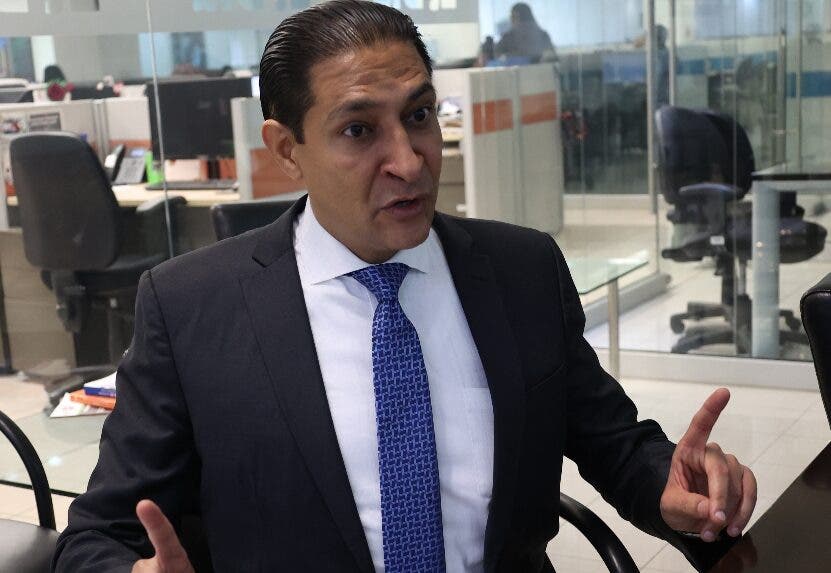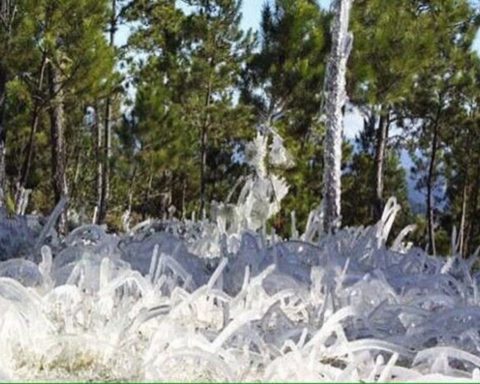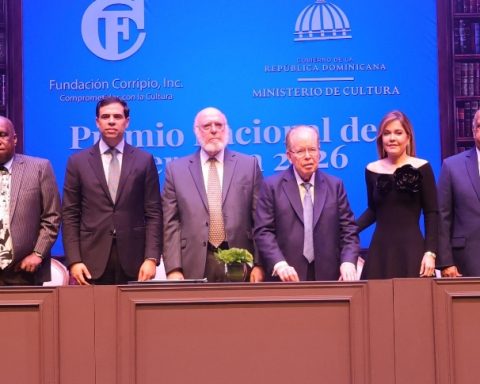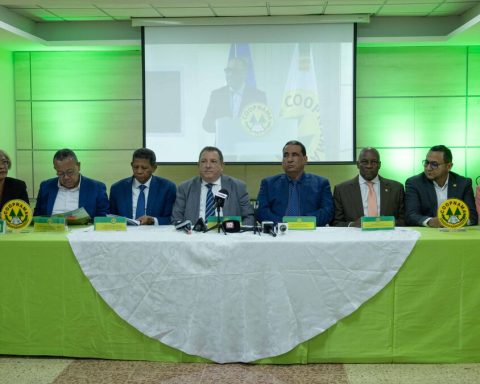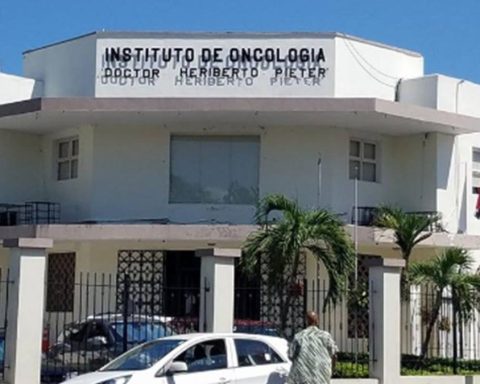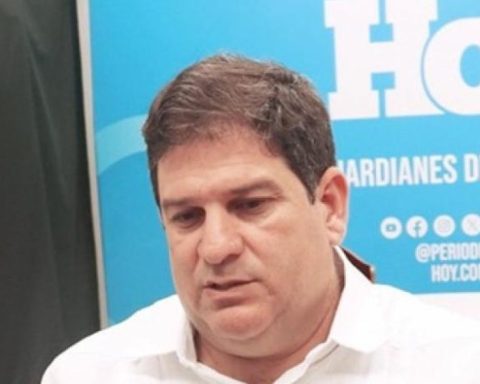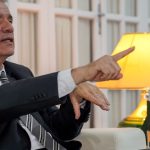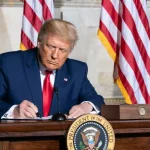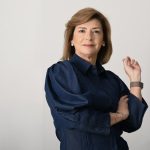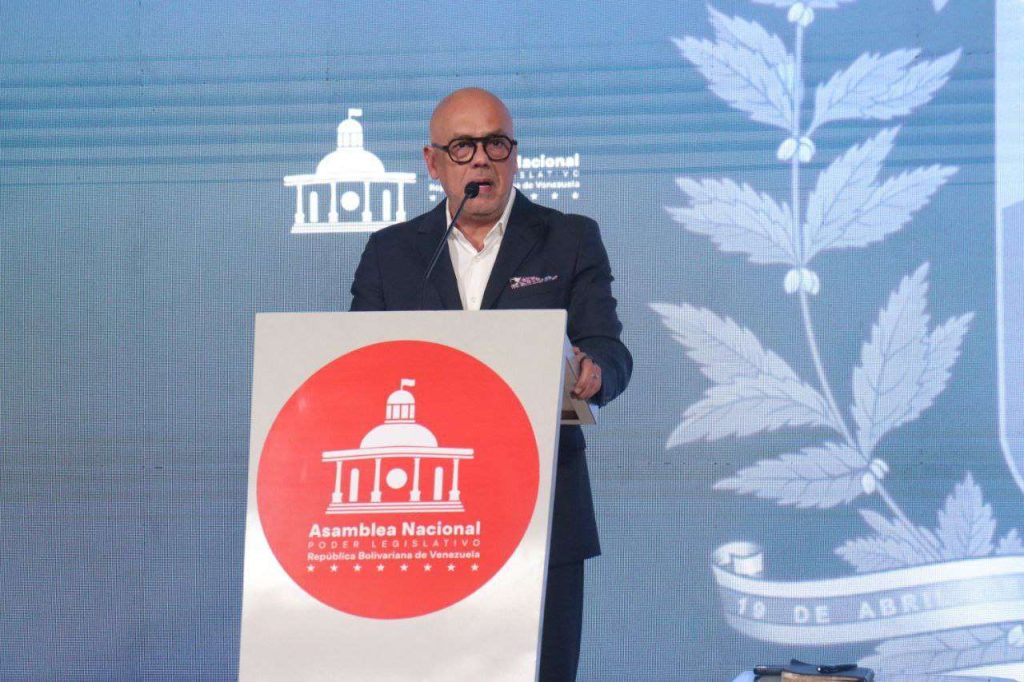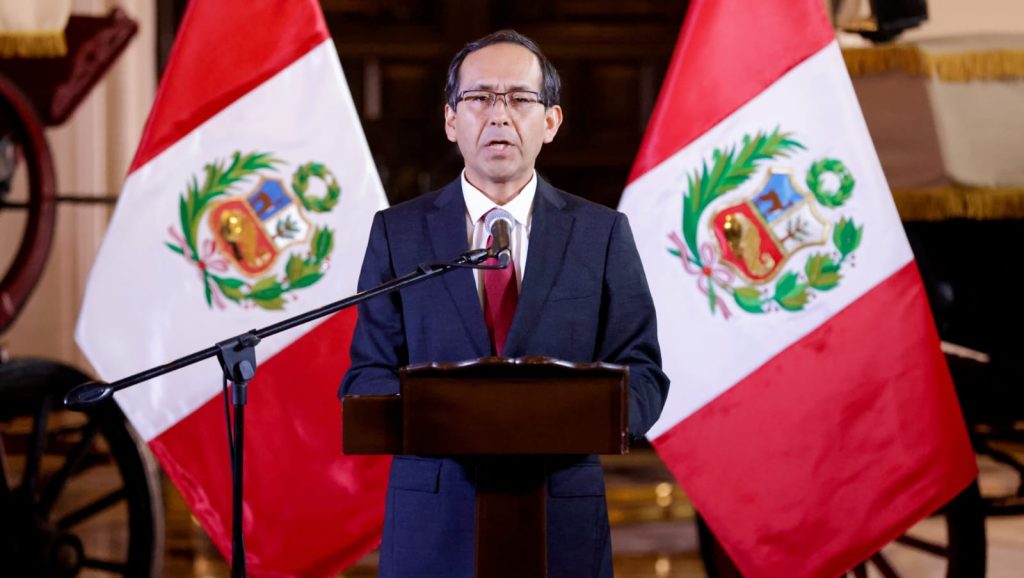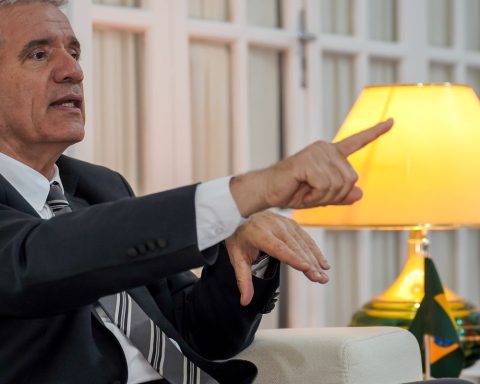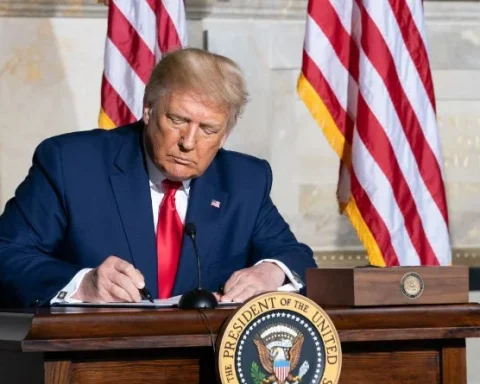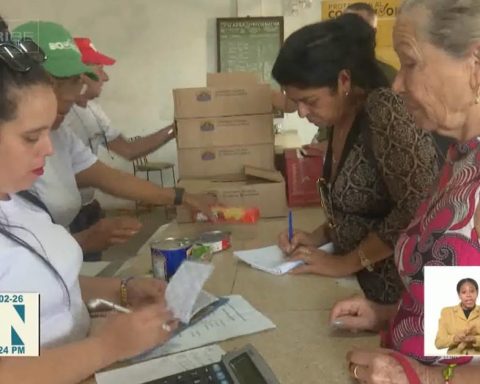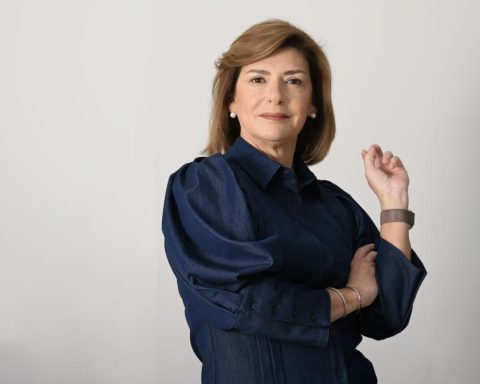Santo Domingo.- The United States fears the possible presence of Hezbollah members in Haiti, due to the expansion of Islam as a religion in that country, The international relations expert explained on Monday, Ivan Gaton.
«In Haiti, Islam has found a place»Gatón said. However, he clarified that when talking about Muslims, one should not assume that they are terrorists, since they are, in fact, the most affected by terrorism worldwide.
Gatón explained that in the In Islam there is a real practice of solidarity through something called zakatthe third of the five pillars that make up this religion. It is a charitable donation that is obligatory for every Muslim whose wealth exceeds the minimum threshold (nisab) during the course of a lunar year.
We invite you to read: Islam expands in Haiti, which already has 31 mosques
In the case of Haitians, who do not have any kind of financial support and have been forgotten, they are offered food and religious education.
Peace mission
Regarding the UN-backed mission, made up of 400 Kenyan police and around two dozen Jamaican officers, Gatón said it was positive to have a military mission.
However, he recalled that the United Nations Stabilization Mission in Haiti (MINUSTAH) had shown that Haiti’s problem goes beyond violence; it is a problem of state. It is a country where the political and economic elite cannot reach an agreement, while the international community looks the other way.
He stressed that there is a level of indignation and disapproval towards Haiti in the international community, and that the resources that are arriving are very limited. He also pointed out that more than 60% of the population does not have identity documents.
“To be honest, international relations are driven by interests, and in the case of Haiti, it is a poor country,” Gatón explained on the Telesistema program El Día.
He warned that if Haiti continues in its current situation, the migration problem will not be exclusive to the Dominican Republic, but to the entire region. “The issue of gangs has gotten out of control,” he added.
We invite you to read: Haiti and Venezuela are the President’s priority during his visit to the UN
Gatón also said that destabilization is brewing in the Caribbean, and that there are actors with hidden agendas who are not addressing the underlying problem.
He explained that it is enough to visit Haiti to realize that there are no institutions and that roads and schools need to be built, but “the international community is not focused on that.”
He said Haiti needs a mini Marshall Plan, something that is feasible, but there is no interest.
The geopolitical expert stressed that Dominicans must be aware of this situation. He gave as an example that, although Cuba talks a lot about solidarity, when Haitians arrive, they are hydrated and sent back, and the same thing happens in the Bahamas and Turks and Caicos.
Gatón stressed that this is a matter of population density, and that nations fear Haiti’s demographics, since the future of countries is linked to demographics.
Abinader must insist
The international relations expert also highlighted the efforts of President Luis Abinader to insist before the international community in the search for solutions to the crisis he is experiencing. Haiti.
He explained that currently The world is more concerned about the conflicts in Ukraine and the Middle East, seeking benefits from these conflicts, while the situation in Haiti is resolved by draining water towards its neighbor, the Dominican Republic.
Venezuela
Regarding Venezuela and the crisis following the July 28 elections, Gatón said that the departure of the opposition candidate, Edmundo González, leaves him in a bad position in the public eye.
He also noted that the world is paying attention to Venezuela not only because of its large oil reserves, but because it is one of the few countries, along with the Democratic Republic of Congo, that has all the elements of the periodic table.
Gatón added that the enemies of the United States, such as Iran, China and Russia, are also present in Venezuela.
Professor Iván Gatón, a specialist in foreign relations, history, economics and development, stressed that we live in a multipolar world and that, from a geopolitical perspective, this is a chaotic world.
“It seems that the war has nowhere to stop,” he reflected.
He stressed that Sudan has been at war for over a year and no one is talking about it. The whole of sub-Saharan Africa is destabilised and at odds with the Western world.
After the Cold War and the fall of the Berlin Wall, the United States experienced a process of hyper-hegemony, but this has been diminishing, giving way to new actors.
An example of this is that India is set to become the world’s third largest economy.
Gatón also questioned the role of the G7, saying it is no longer relevant, wondering whether Canada’s economy is stronger than India’s or Italy’s is outperforming Indonesia’s.
We now live in a multipolar world, with actors such as India, China and Russia, the latter being an ally of China.
He attributed this to the fact that we live in a neo-Westphalian world. “The Peace of Westphalia gave us the framework for nation-states to settle their differences,” he explained.
He explained that today institutions such as the United Nations have no weight.
He mentioned that we live in an era of Neo-Ottomanism, with the President of Türkiye, Recep Tayyip Erdoğanseeking to revive the Ottoman Empire, and Iran supporting the Shiite Hezbollah in Lebanon.
